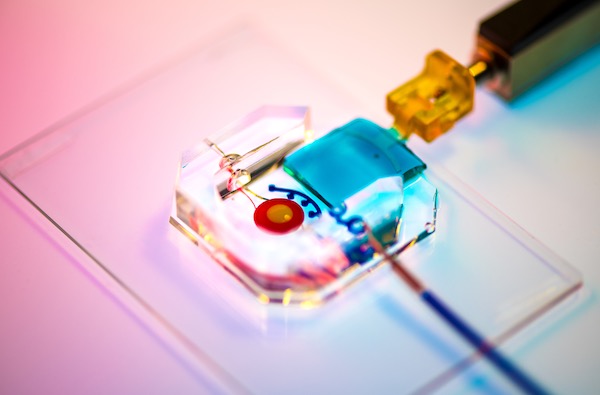Scott Harris for Penn Medicine News: “‘With this small, quarter-sized device, we took multiple cell types that are involved in early implantation and then assessed them in the same physiological arrangement that you see in vivo,’ said Monica Mainigi, MD, the study’s co-senior author and an associate professor of Obstetrics and Gynecology and the fellowship director of Reproductive Endocrinology and Infertility at the Hospital of the University of Pennsylvania. ‘We wanted to study how the uterus controls embryo implantation, but the current models are insufficient. This process begins very early in pregnancy before most women have even taken a pregnancy test. So, we don’t have a lot of ways to study this in humans.'”


